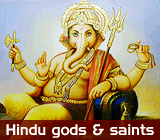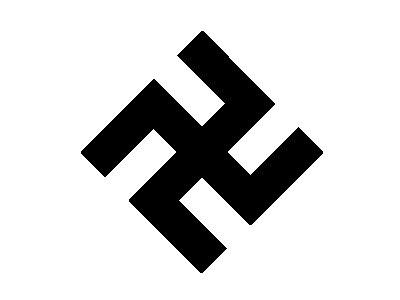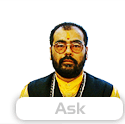 |
 |
|||
  |
 |
|||
Brahman |
|
|
According to the Vedas, there are many ways to describe Brahman. Brahman can be thought of as the impersonal God, the universal atman, the supreme being, the absolute truth and the ultimate reality. Hindus believe that each and every single thing, including human beings, is an extension of Brahman. Hindus also believe that Brahman is so perfect It cannot be explained or understood. Therefore, the many gods of Hinduism act as ‘stepping stones’ to Brahman, reflecting the richness and character of this ultimate reality. The Hindu guru, Adi Shankaracharya, describes the idea of ‘Brahman’ in three short lines:
“Brahman alone is real, |
|